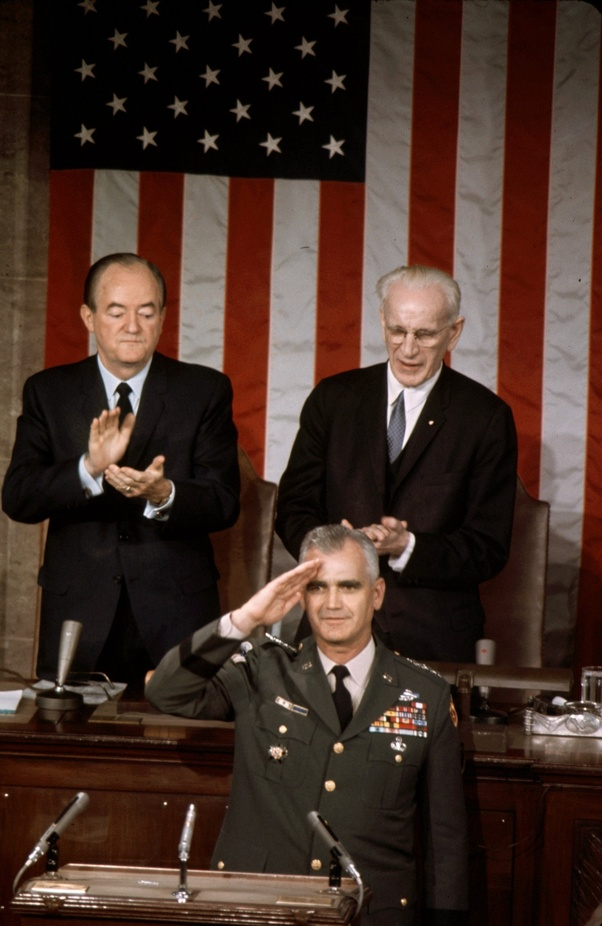
Henry Kissinger is a renowned American diplomat and political scientist who served as the United States Secretary of State under Presidents Richard Nixon and Gerald Ford. Born in Germany in 1923, Kissinger fled the Nazi regime with his family and immigrated to the United States in 1938. He went on to achieve great success in academia, earning a PhD from Harvard University and becoming a professor of government and international affairs. Kissinger’s diplomatic career was marked by his controversial and sometimes secretive approach to foreign policy, particularly during the Vietnam War and the Cold War. He was instrumental in orchestrating Nixon’s historic visit to China in 1972 and played a key role in strategic arms control negotiations with the Soviet Union. Despite criticism for his realpolitik tactics, Kissinger was awarded the Nobel Peace Prize in 1973 for his efforts to end the Vietnam War. His influence in shaping American foreign policy continues to be felt today, as he remains a respected voice on international relations through his writings and public appearances.
The Early Life and Career of Henry Kissinger
Henry Kissinger was born in Germany in 1923 and immigrated to the United States in 1938 to escape the persecution of Jews during World War II. He went on to study at Harvard University and eventually became a professor of government and international relations. Kissinger’s academic career would prove vital to his later success in diplomacy and foreign policy, as he brought a deep understanding of history and politics to his work.
After serving in the U.S. Army during World War II, Kissinger went on to work for the State Department and the National Security Council under Presidents John F. Kennedy and Lyndon B. Johnson. It was during this time that Kissinger began to make a name for himself as a skilled negotiator and strategist. His work on the Vietnam War and the strategic arms limitations talks with the Soviet Union cemented his reputation as a shrewd and effective diplomat.
Kissinger’s Legacy and Controversies
Henry Kissinger’s most notable accomplishments came during his tenure as Secretary of State under Presidents Richard Nixon and Gerald Ford. He played a key role in the opening of diplomatic relations with China and in negotiating the end of the Vietnam War. Kissinger’s realpolitik approach to international relations earned both praise and criticism, as some saw him as a pragmatic and effective statesman while others condemned him for his involvement in controversial policies such as the secret bombing of Cambodia.
Despite the controversies surrounding his policies, Henry Kissinger remains a highly respected figure in the field of international relations. He was awarded the Nobel Peace Prize in 1973 for his role in negotiating the cease-fire agreements in the Vietnam War, and his influence on U.S. foreign policy continues to be felt to this day. Kissinger’s legacy serves as a reminder of the complexities and difficulties of diplomacy, as well as the enduring impact that skilled leadership can have on the global stage.
 Top famous
Top famous
